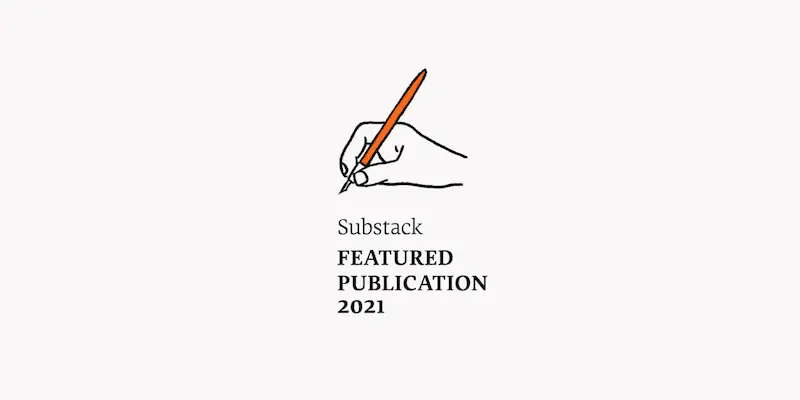Finding The Words
Last weekend, I attended a meditation retreat. After an hour of sitting, a loud thump broke the silence. A man had just collapsed onto the floor.
At first I thought he just fell asleep. Then he began shaking. I quickly got up and tried to help him. Another man, who just happened to be a doctor, knelt next to me. I helped straighten the man’s legs and put a pillow under his head while the doctor tried to wake him.
The man woke up. Thank God, I thought. His first words were, “Fine. I’m fine.” He said it in a strikingly casual tone, as if he had just stubbed his toe. “Did I shake?” he asked. I nodded, and another man nearby confirmed. “Damnit,” he said. “I guess it was an episode. I have epilepsy.” The man immediately tried to stand up and said, “I’ll leave. Sorry, sorry.” We kept telling him he didn’t need to apologize. He kept trying to rush out to his car and drive home. We convinced him to take it slow, to sit down, to relax. After resting a while, the man packed his things, and left.
Somehow, we continued the meditation retreat. It felt odd. All I could think about was the fainting man. Not just that he had fainted, but the way he kept apologizing. (It reminded me of a homeless man I encountered the other day. He was lying on the sidewalk, frighteningly close to the busy road. I woke him up to check on him, then bought him some food. As he took the bag from me, he kept apologizing for his appearance. He was lying on the floor without any belongings, yet his only concern was if his ragged appearance offended me. I thought of all the cruel insults strangers must have hurled his way for him to become so apologetic of himself, even under such difficult circumstances. It broke me.)
At the end of the meditation retreat, we had a few minutes to share our experience with the person sitting next to us. I spoke with an elder woman who was attending with her husband. She told me how the fainting incident really triggered her because her husband sometimes faints during meditation too. She noted, with a hint of guilt, that she was relieved when she saw it wasn’t her husband who had fallen.
I shared with her how surreal it was to watch the man faint. Following a nudge from our meditation leader, I had been meditating with my eyes open, so I saw the whole thing unfold. Those few seconds seemed to last forever. My body felt overtaken by a sense of frozen helplessness. Only once I stood up did time resume its rapid pace. I told her about family members of mine who had suffered close calls with health issues this year, and how all this reminded me of how quickly it can all end. Just like that.
“Life is precious,” I said to her. She looked into my eyes and nodded slowly. I knew we both deeply understood each other.
When I went home, I thought about how I might write about what happened at the retreat. The feelings of helplessness as I looked upon the fainting man, the stoppage of time, the preciousness of life, and the connection of understanding I shared when I looked into the eyes of the elder woman.
How would I describe all that? It seemed impossible.
But in the midst of all the violence and suffering right now, I really wanted to share that powerful insight with the world:
Life is precious.
I wanted to inject this nugget of human experience into the chaotic feeds of atrocities and statistics. Yet I knew that if I went into any of my social media accounts and wrote “Life is precious,” the meaning would never get across.
When someone reads “Life is precious,” they will have seen that phrase a million times in a million tweets, articles, and stories. It loses meaning, like a word that you stare at long enough for its structure to collapse, until it becomes nothing more than a mumbled jumble of letters.
We have infinite access to information, and no time to process it.
We used to spend days or weeks digesting tragic news. Now we’re expected to move on in minutes. Hours, if we’re lucky.
Sigh, cry, and keep scrolling.
We do our best to engage quickly with what we see in the little time we have. The algorithms notice our behavior and respond by promoting the quick thoughts and fast reactions even more. And so the cycle continues.
By embracing rapid communication, we have chosen to sacrifice deep understanding.
Yet it is precisely in moments like this, when emotions are hot and stakes are high, that we need to be deeply understood.
What’s the solution? The only thing I know for sure is that ignorance is not the answer—we cannot simply disconnect and turn a blind eye to what is happening. Instead, we must find a way to adapt how we communicate to match the speed of a digitally connected world.
We must learn to slow down, craft our words carefully, and listen patiently. We must defy the mindless mode imposed by our digital systems, and elevate our discourse to better understand one another.
We have to turn the information tide. Only then can we begin to bridge the understanding divide.
It won’t be easy. But we have to try.
In the end, all we have is each other.

